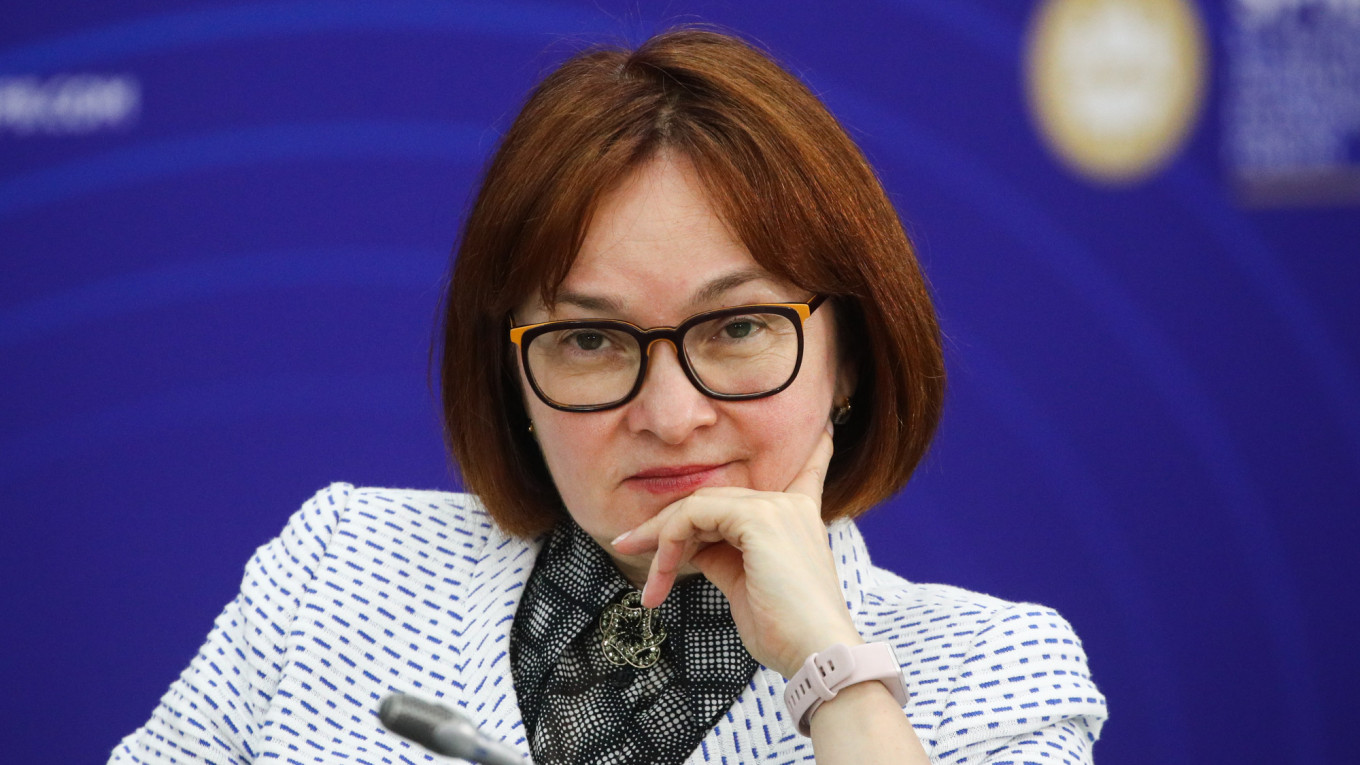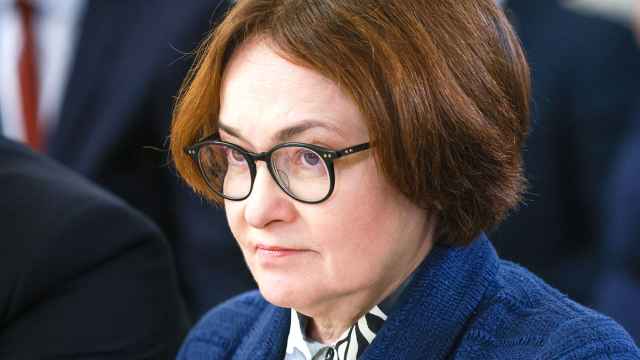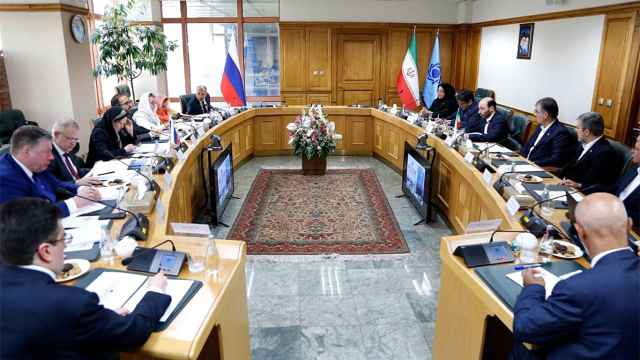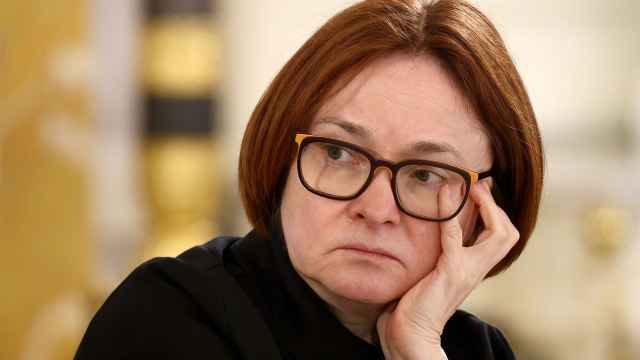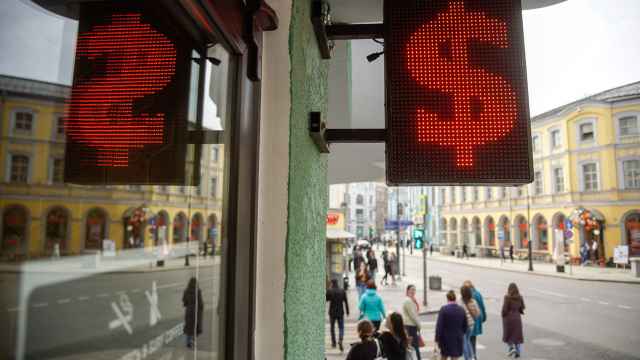Russia’s Central Bank has raised interest rates to 5.5% and signalled further increases are on the horizon as the country battles with surging inflation.
The regulator moved to raise rates from their previous level of 5% in a meeting in Moscow on Friday. Inflation has accelerated faster than the bank was expecting, hitting a five-year high of 6% in May — a trend Governor Elvira Nabiullina has repeatedly said could derail Russia’s robust economic recovery.
The Russian ruble was unmoved by the decision, which had been widely expected and was already priced into financial markets.
Nabiullina said in a press conference that Russia’s economy will be “one of the first in the world to reach its pre-coronavirus size,” which she expects to happen “during this quarter.”
“Economic activity is recovering faster than expected,” the bank said in a statement. “According to the Bank of Russia’s estimates, consumer activity has generally reached its pre-pandemic levels [and] … output has exceeded its pre-pandemic levels in most sectors of the economy,” the statement added.
But the speed of the recovery, combined with global disruptions to supply chains and surging commodity and food prices, now poses a danger to the Russian economy, Nabiullina said. She expects inflation to stay above the bank’s 4% target for at least the next 12 months and said early indicators showed price rises had accelerated even further still — to 6.2% — during the first few days of June.
“This creates the necessity of further increase in the key rate at future meetings,” Nabiullina said.
Analysts said the bank has become notably more hawkish in recent weeks — for the first time in the rate-hiking cycle it issued an explicit commitment to raise interest rates again and significantly extended the timeframe in which it think inflation will stay above its 4% target, VTB Capital analysts said in a research note published after the decision.
Rising prices also pose a political headache for the Russian government.
Despite the economy having almost returned to its pre-coronavirus size, living standards are hovering at their lowest level for a decade, as job losses and wage cuts during the pandemic continue to hurt Russian households.
President Vladimir Putin has outlined a small package of additional spending measures, primarily for families with young children, to help alleviate the pressure, but the Finance Ministry has made it clear that it will be cutting back spending and seeking to return to its pre-pandemic policy of conservative spending.
A Message from The Moscow Times:
Dear readers,
We are facing unprecedented challenges. Russia's Prosecutor General's Office has designated The Moscow Times as an "undesirable" organization, criminalizing our work and putting our staff at risk of prosecution. This follows our earlier unjust labeling as a "foreign agent."
These actions are direct attempts to silence independent journalism in Russia. The authorities claim our work "discredits the decisions of the Russian leadership." We see things differently: we strive to provide accurate, unbiased reporting on Russia.
We, the journalists of The Moscow Times, refuse to be silenced. But to continue our work, we need your help.
Your support, no matter how small, makes a world of difference. If you can, please support us monthly starting from just $2. It's quick to set up, and every contribution makes a significant impact.
By supporting The Moscow Times, you're defending open, independent journalism in the face of repression. Thank you for standing with us.
Remind me later.


